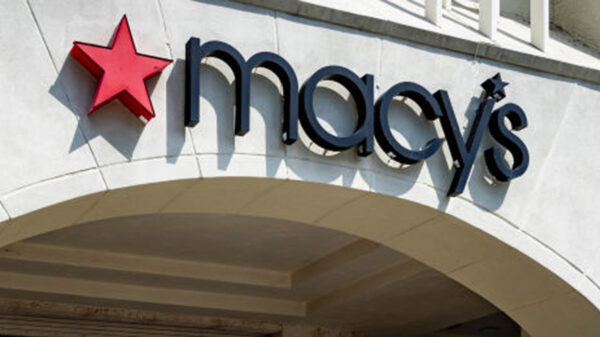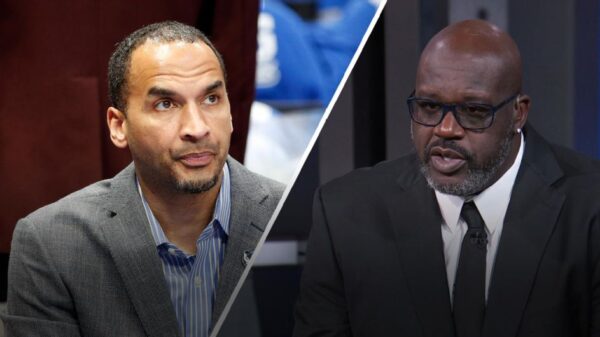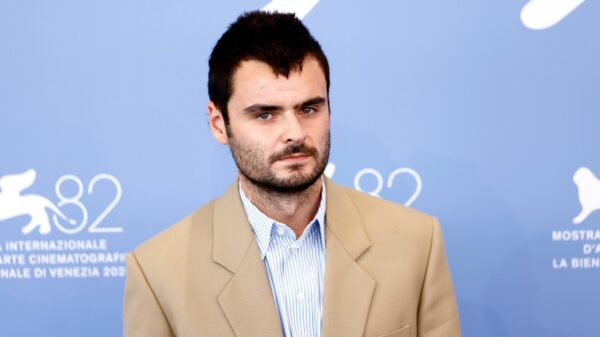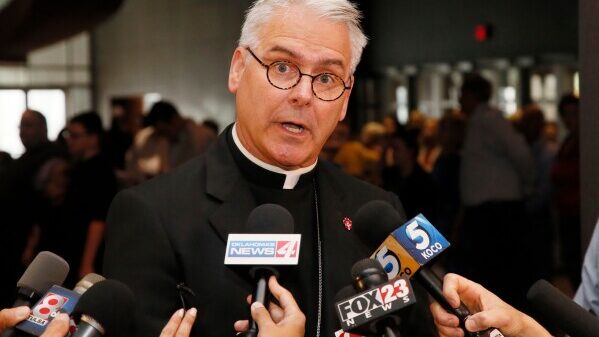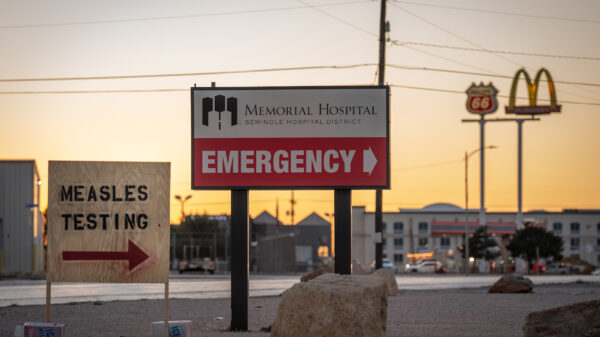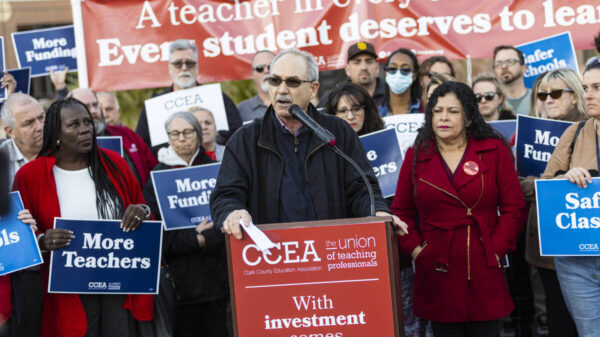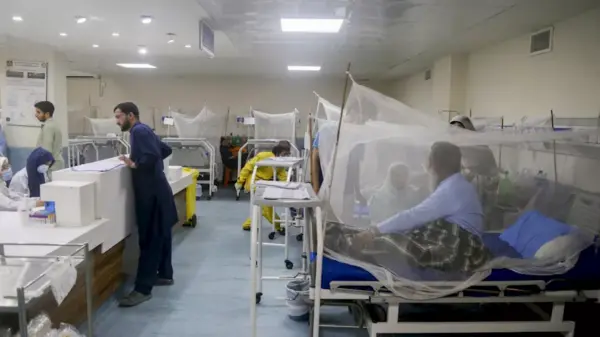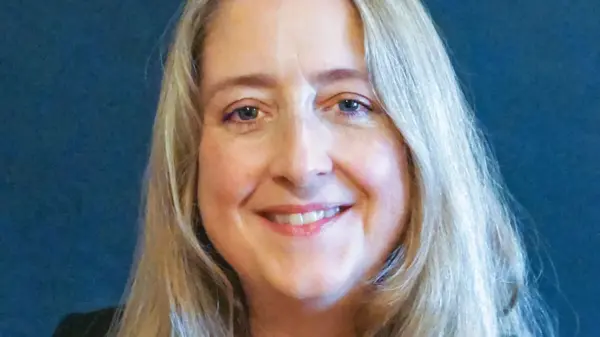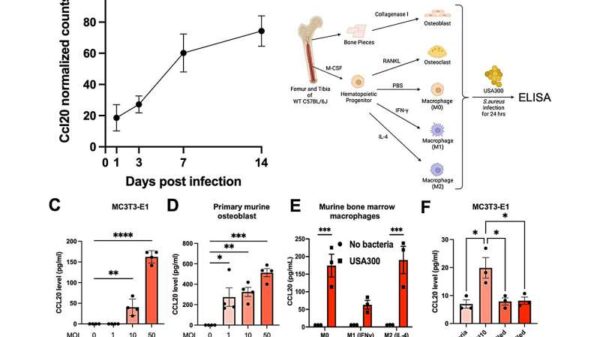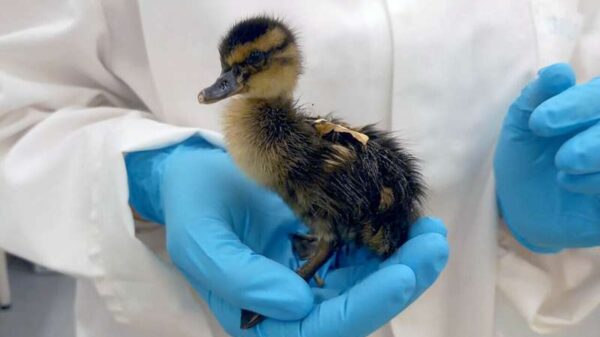Groundbreaking research from the University of Bristol reveals that problem gambling significantly increases the risk of suicide attempts among young people in the UK. The study indicates that individuals facing gambling-related harms are three times more likely to attempt suicide within a year, and this risk escalates to four times higher after four years.
The research, involving data from 2,801 participants in the extensive Children of the 90s study, highlights the long-term implications of problem gambling. This longitudinal study began in the early 1990s, tracking the health and development of over 14,000 pregnant women and their families. According to Olly Bastiani, the lead author and PhD researcher at the University of Bristol’s Translational and Applied Research Group, the study’s design allowed researchers to observe individuals from birth, effectively ruling out pre-existing conditions that might lead to gambling issues.
The study employed the Problem Gambling Severity Index (PGSI), a standardized questionnaire to evaluate gambling harms. A score of eight or above signifies problem gambling. The findings were particularly alarming among 20-year-olds, where each increment on the PGSI corresponded to a 20% increase in suicide attempts. Those scoring in the problem gambling range faced quadruple the rate of suicide attempts four years later.
The implications of this research emphasize an urgent need for preventive measures. Dr. Philip Newall, a senior author and lecturer in Psychology at the University of Bristol, remarked on the historical context of gambling’s accessibility. He stated, “The people in this study were growing up at a time when gambling was less accessible and visible than it is today. This shows that much more needs to be done to prevent the next generation from experiencing these gambling harms.”
Currently, approximately one in five individuals in the UK suffers from gambling-related issues, either directly or indirectly. The research estimates that up to 496 suicides per year in England are linked to gambling, with economic costs attributed to gambling harm reaching an estimated £1.77 billion.
In light of these findings, researchers advocate for enhanced support systems for young people at risk. Dr. Newall emphasized that gambling should be integrated into the government’s suicide prevention strategy. He called for “meaningful restrictions on gambling advertising” as part of broader population-wide measures to combat gambling-related harms.
This study, published in the journal Addiction, underscores the critical nature of addressing gambling issues among youth. The Bristol Hub for Gambling Harms Research continues to lead interdisciplinary efforts, aiming to raise awareness, enhance consumer protections, and improve treatment options for those affected by gambling.
For further information or to request an interview with lead authors Olly Bastiani and Dr. Philip Newall, please contact Victoria Tagg, News and Content Manager at the University of Bristol. She can be reached at [email protected] or by phone at 07973681921.
Resources for those in need of support include the Samaritans, available 24/7 by calling 116 123 or through their website at www.samaritans.org.





